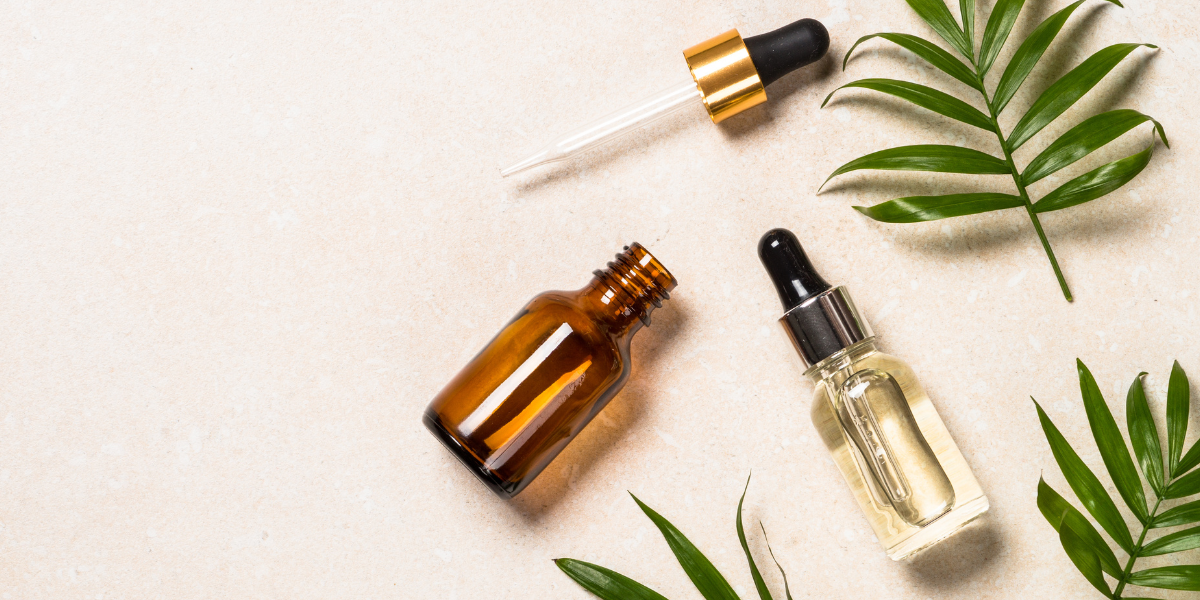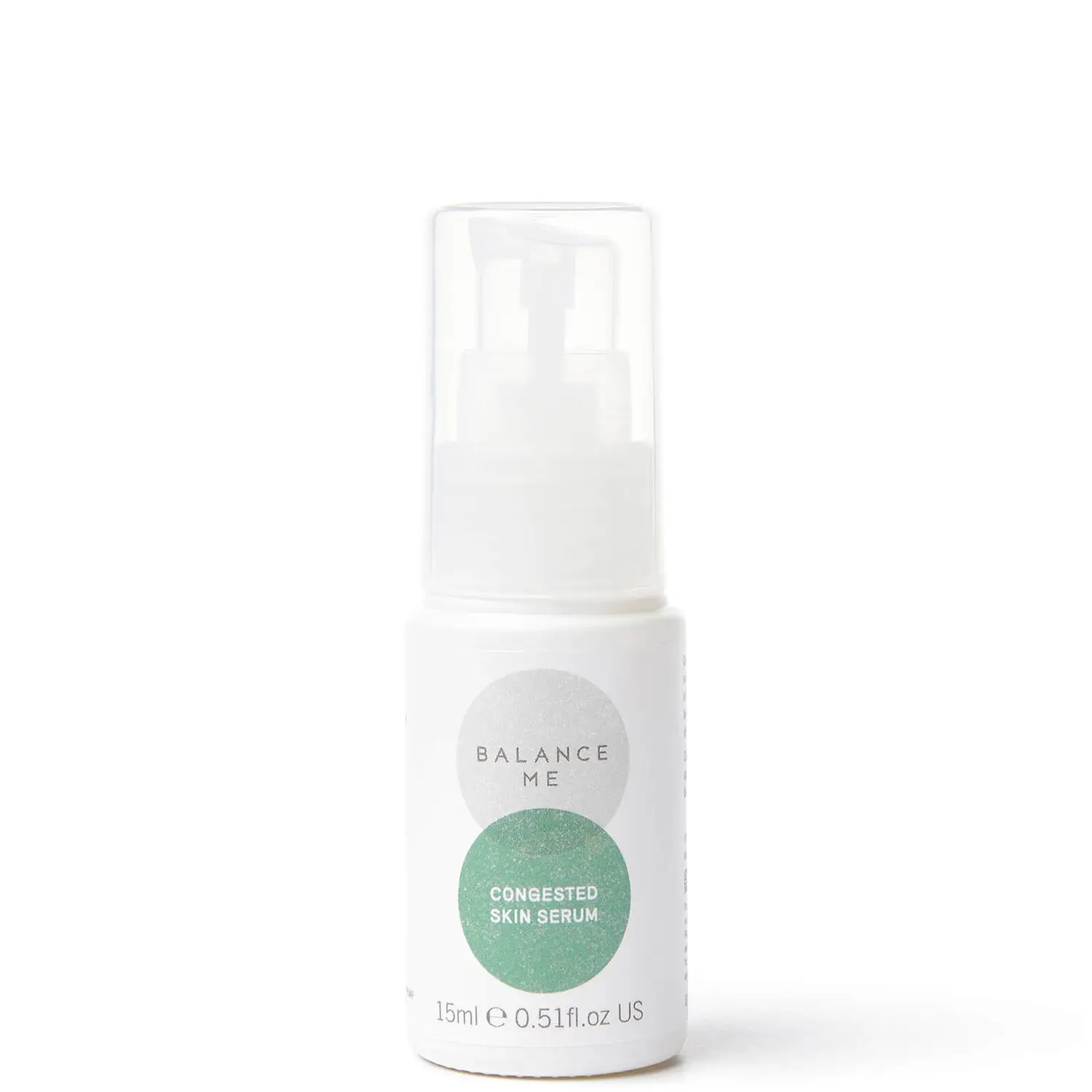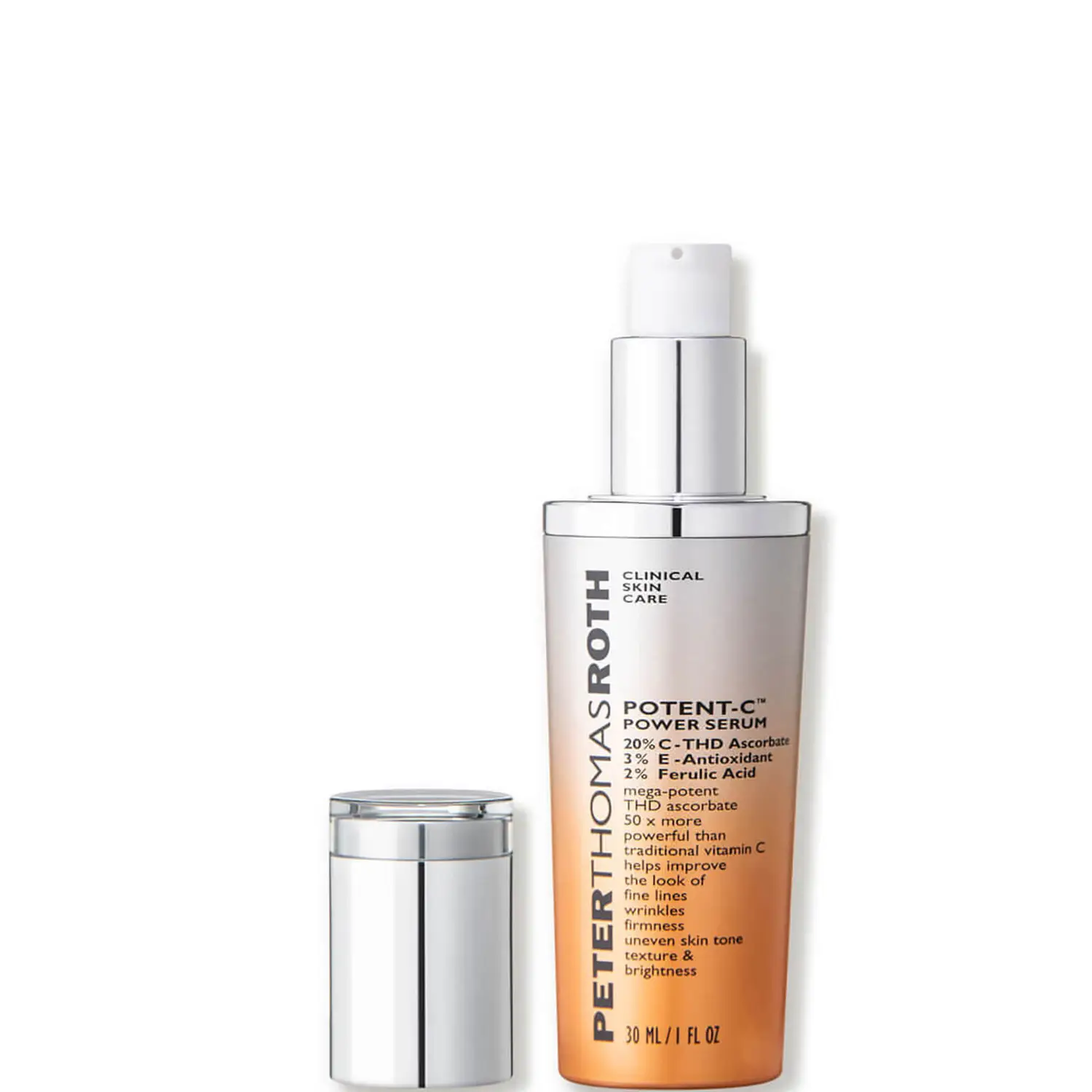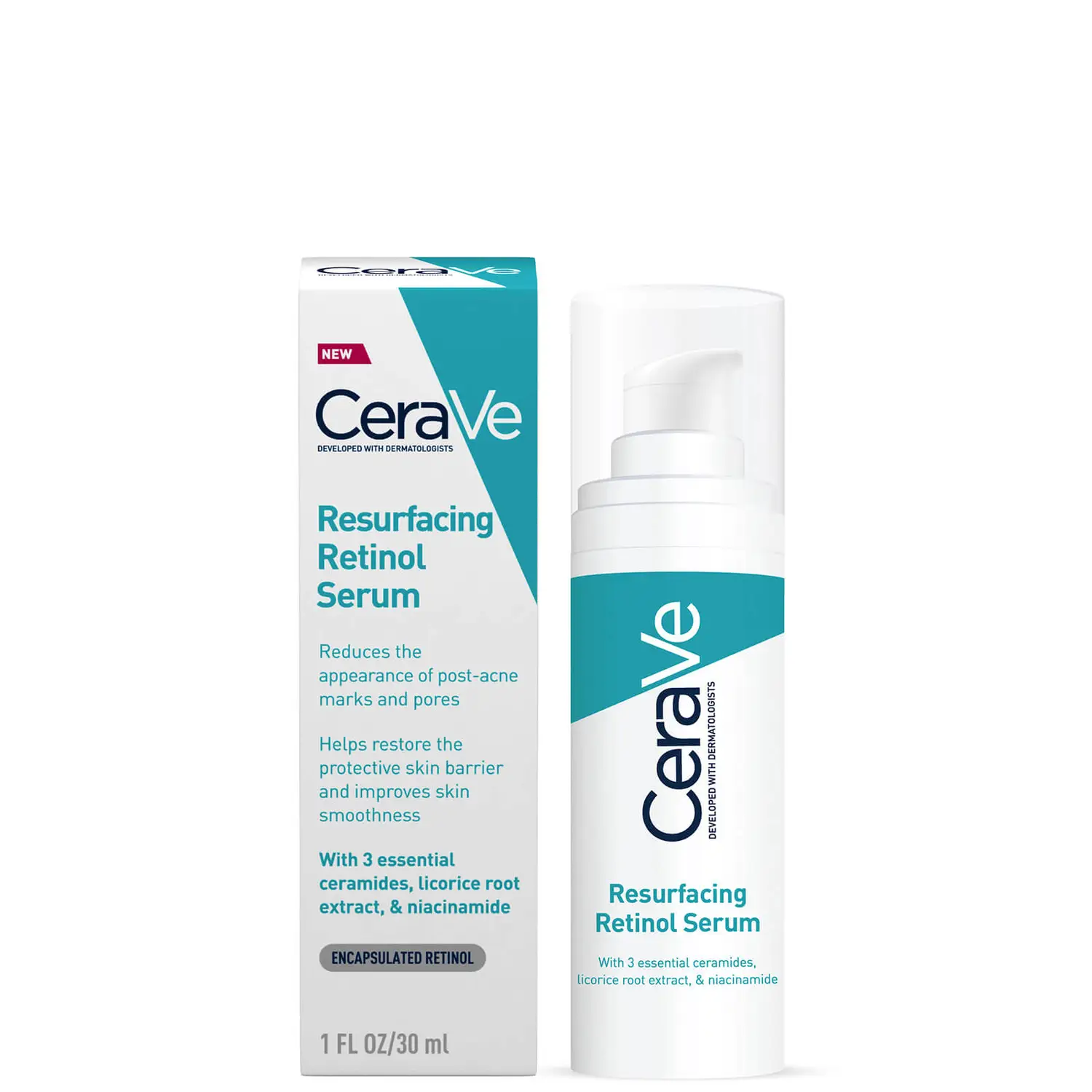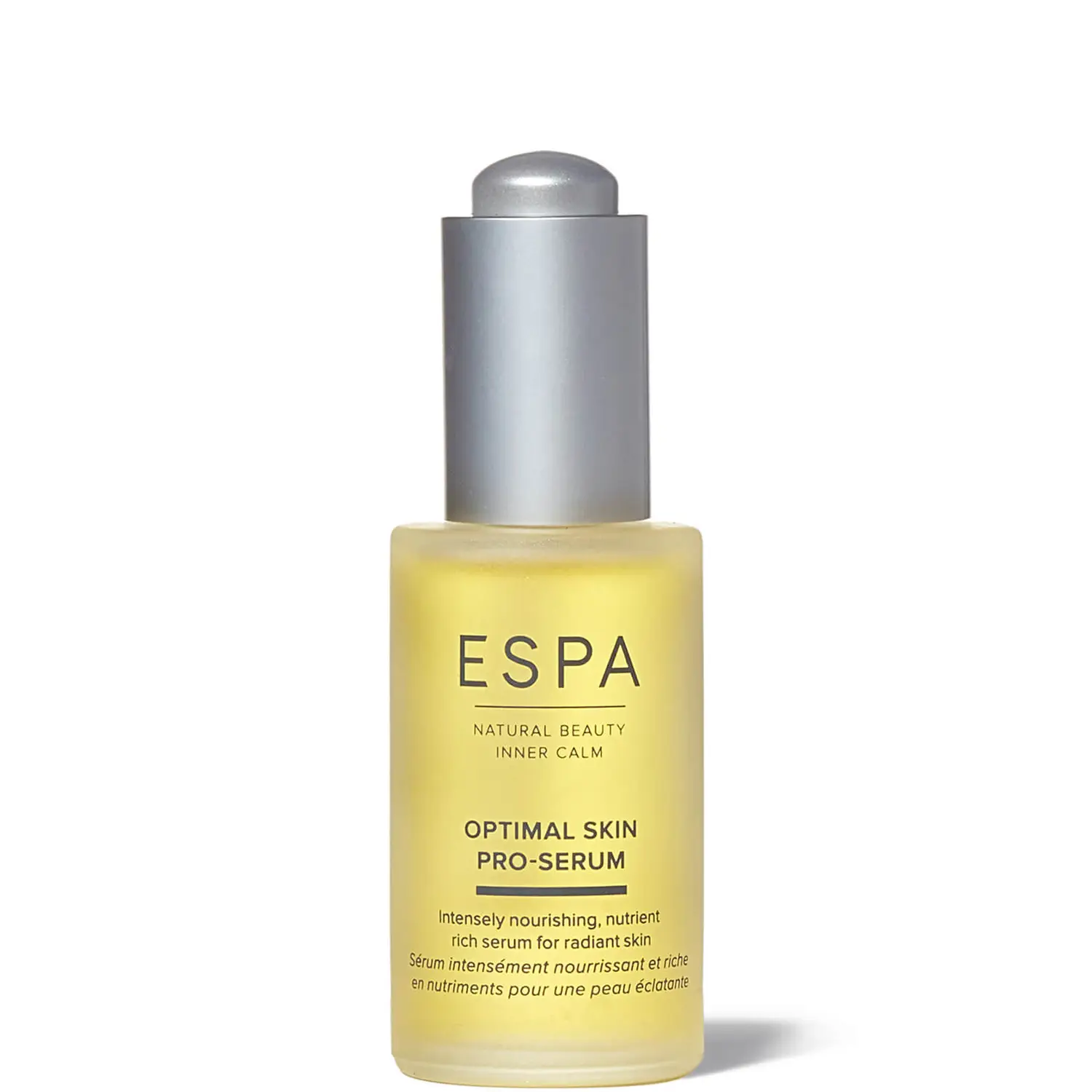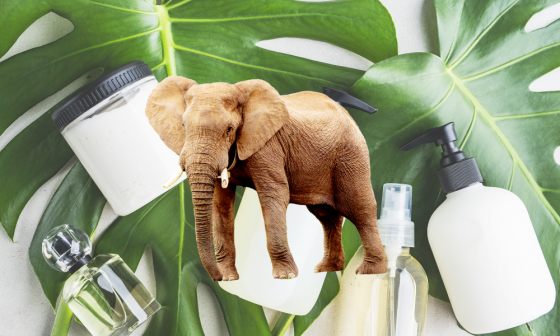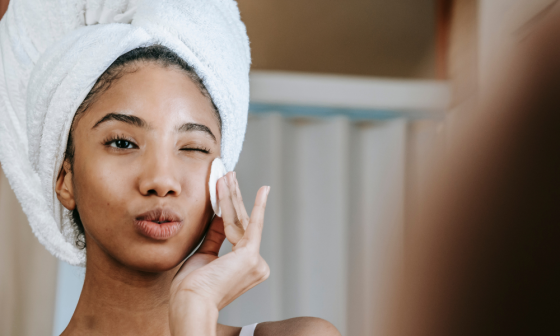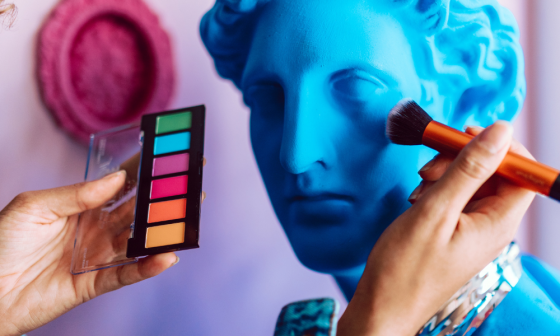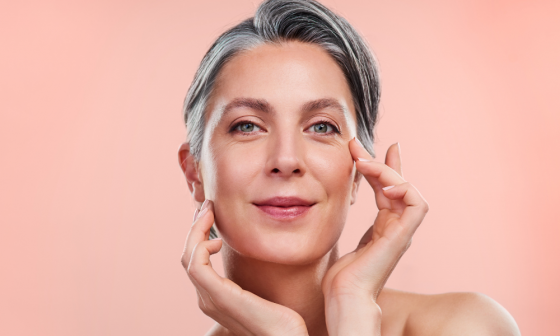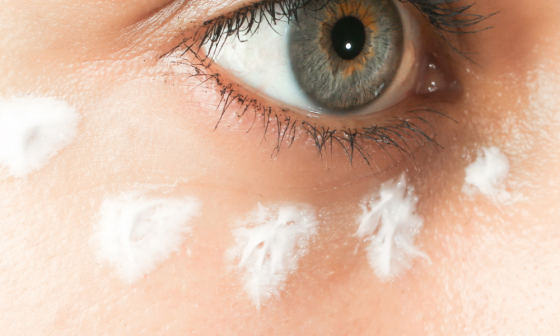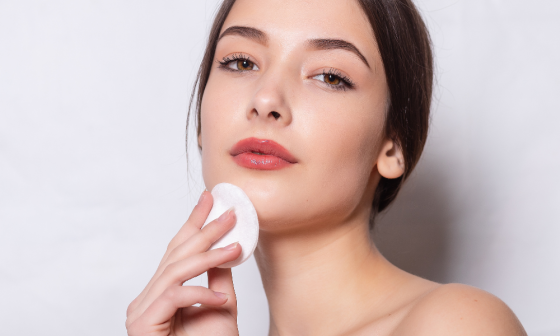When you have oily skin, it’s so frustrating trying to find the perfect product to help keep your skin looking healthy and feeling soft. On one hand, you know that it’s better not to use heavy moisturisers because they can make your skin even oilier, but on the other hand, you don’t want to irritate your skin by making it feel dry. Plus, if you’re going to put something on your skin, you want it to help reduce those pesky blemishes that can be so hard to get rid of!
Why choose serums instead of moisturisers
Serums are often more concentrated than moisturisers, so they’re able to penetrate the skin more effectively and deliver ingredients directly to where they need to go. This can result in healthier, more radiant skin with a noticeable reduction in oil production. Plus, serums can be mixed with moisturiser if needed for extra hydration.
Choosing the right formula for your face type
If you have oily skin, there are many options that can help control your skin. There are also a lot of products that will be too harsh on your skin and will cause more breakouts. Finding the right product for your type of skin can make all the difference. No matter what your skin type may be, it’s important to find a serum that helps balance your oil production without causing acne or dryness.
Pick your ingredients wisely
There are three main ingredients to consider when searching for a serum for oily skin: salicylic acid, glycolic acid and retinoids. Salicylic acid controls oil production by breaking up the sebum on your skin and reducing the number of pores that produce it. Glycolic acid makes your skin smoother and decreases its tendency to produce oil while also preventing breakouts. Retinoids are vitamin A derivatives that can help your skin regenerate faster so that oil production diminishes over time.
Why you need vitamin C in your skin care routine
Vitamin C has a lot of benefits for skin, but it’s also important to note that not all vitamin C serums are the same. Vitamin C serums with a lower pH will be more beneficial because they’re better at exfoliating and removing dead skin cells. This is good news if you have oily skin because this means you’ll experience less sebum buildup and oil production on your face.
How to pick a product from the ingredients list
If your skin has a tendency to produce excess sebum, you’ll want to look for products with ingredients like tea tree oil, which can help control sebum production. If you want a product that will help control breakouts, look for zinc oxide and salicylic acid. If you’re prone to blackheads, opt for benzoyl peroxide or sulphur-based ingredients. To calm redness, search for Vitamin C (ascorbic acid) or kojic acid in the ingredient list. Make sure any new product you add to your routine doesn’t contain comedogenic ingredients if you are acne-prone as they may trigger breakouts.
How often should I use serums on my face?
The frequency of using a serum on your face depends on what type of skin you have. For example, people with oily skin should use serums more often than those with dry skin. People with oily skin can use a serum every day, while those with dry or sensitive skin should only use one every few days to avoid overloading the face and causing irritation. Use it in the morning and at night for best results!
How to store your serums properly
It’s important to store your serums properly so they don’t become contaminated by bacteria. The easiest way to do this is by placing them in the refrigerator, but make sure you bring them up to room temperature before applying. If you live in a very hot and humid climate, then it might be better to store your serums at room temperature. It is best not to leave them outside of their designated area because this can expose it to potential contaminants and heat that could cause it to go bad faster.
Can serums make my face oilier, not less oily?
No, serums will not make your skin oilier. In fact, they can help balance your skin’s natural production of sebum and leave you with a glowy, dewy complexion. A serum should be the last step in your skincare routine because it will sit on top of the other products you applied earlier in the day. The best thing about using a serum before bedtime is that they tend to work its magic overnight so you’ll wake up looking refreshed and feeling hydrated.
Would using multiple serums at once have an impact?
It’s actually not recommended to use more than one serum on your skin at the same time, especially if they’re targeting the same problem. They’ll just end up fighting and cancelling each other out. Plus, you’ll be putting a lot of extra work on your skin by forcing it to deal with all those different ingredients.
